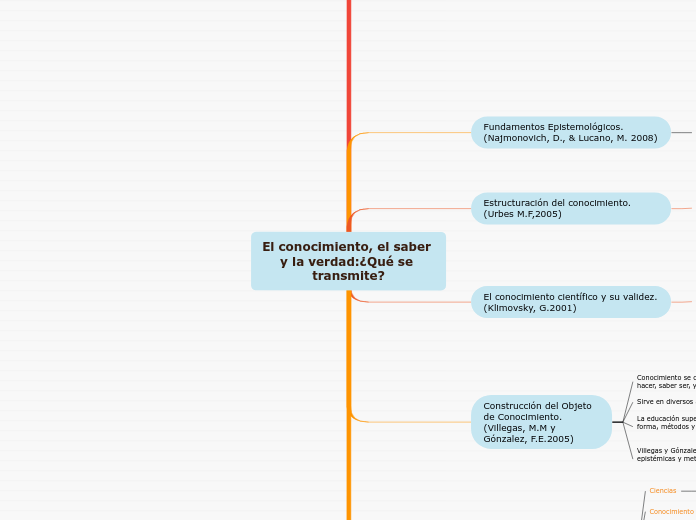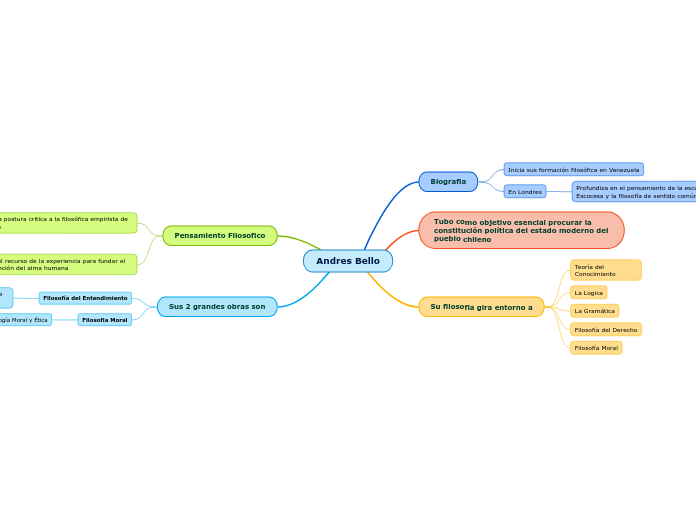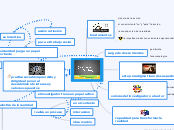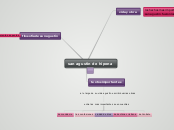El conocimiento, el saber y la verdad:¿Qué se transmite?
To name your story, you have to think about the overall message and what you want your audience to understand from the story. Also, make it relevant and easy to remember.
Discurso de las ciencias y conocimiento. (Klimovsk, 2001)
Disciplina científica
Objeto de estudio:
Las ciencias particulares
La sociología.
La química.
La física.
Lo característico del conocimiento que brinda la ciencia es el llamado método científico, donde todo lo dicho tiene su justificación.
El conocimiento científico se caracteriza por seguir ciertos procedimientos básicos.
El método científico se refiere a la construcción de hipótesis que son llevadas a ponerlas a prueba.
En el mundo contemporáneo existe un carácter de impaciencia donde todo debe ser rápido que conste el saber la validez y la verdad.
Conocimiento
Es la capacidad del ser humano para comprender razones y cualidades de las cosas.
Ciencias
Es la acumulación de conocimientos que se utiliza para comprender el mundo.
Construcción del Objeto de Conocimiento. (Villegas, M.M y Gónzalez, F.E.2005)
Villegas y Gónzalez (2005) afirma: “Está caracterizada la construcción del conocimiento que hace el estudiante de docencia en dimensiones epistémicas y metodológicas en el curso de asignatura cuyo eje es la investigación”.
La educación superior busca plasmar una mejor desarrollo de conocimiento en el alumno es por ello que los docentes buscan la forma, métodos y estrategias para establecer el conocimiento crítico en los niños, niñas y adolescentes y poder así cubrir sus dudas.
Sirve en diversos ámbitos que tiene desenvolver y contribuir ante la sociedad critica.
Conocimiento se convirtió en un tema coyuntural en la actualidad y a través de la educación el ser humano integra el saber conocer, saber hacer, saber ser, y saber convivir.
El conocimiento científico y su validez. (Klimovsky, G.2001)
The ending of a story is essential. We all know that if the ending is weak, what happened before loses its importance. So make it unpredictable, but fair. A resolved ending answers all the questions and ties up any loose threads from the plot.
Conjunto ordenado, comprobado y sistematizado de saberes obtenidos de forma metódica y sistemática a partir del estudio, la observación, la experimentación y el análisis de fenómenos o hechos.
This is the closure section of the story.
See examples of possible outcomes below:
- all problems have been solved
- it's clear how each one of your characters ends up
- your main character is transformed by the challenge
Objeto
Al sujeto se contrapone el objeto, como una cosa exterior hacia la cual se dirige a conciencia y la actividad del primero.
Sujeto
Try answering these questions in order for you to come up with a closure:
- Have all problems been solved?
- Is it clear what happens with all your characters in the story?
- Has the challenged transformed your main character?
- How do the characters feel in the end?
Entiende por sujeto un ser dotado de conciencia y de voluntad, que conoce y actúa en conformidad con sus propios designios.
Subjetividad y Objetividad
Todo conocimiento es objetivo y subjetivo a la vez.
Subjetividad:
Es todo aquello en lo cual entran en acción nuestras creencias, valoraciones y opiniones, es cuando intervienen los gustos, preferencias y posibles odios respecto a algunos temas.
Objetividad:
Se refiere a consignar o plasmar la realidad tal como ocurre, sin valoraciones, creencias, mitos u opiniones del ser humano.
Veracidad y Validez
Try answering these questions to come up with a closure:
- Have all the problems been solved?
- Is there a clear picture of what happens with each character in the story?
- Has the challenge transformed your main character?
- How do the characters feel in the end?
El razonamiento es una unidad de argumentación. Así como las proposiciones son verdaderas o falsas de los razonamientos podemos predicar que son correctos, validos o incorrectos, inválidos.
Estructuración del conocimiento. (Urbes M.F,2005)
The middle of the story is where you add layers of complications that will lead to the end. Reveal more about the character's journey. Did their personality go through changes? How did they overcome the challenges? And as you build up the story’s central conflict, make it more personal to that character. Also, from the middle act, you have to lead into the final act.
Alavi y Leidner (2003) define el conocimiento como la información que el individuo posee en su mente, personalizada y subjetiva, relacionada con hechos, procedimientos, conceptos, interpretaciones, ideas y elementos que pueden ser o no útiles.
Your character(s) need(s) motivation in order to solve the challenge(s).
Las teorías
Secondary characters might also have motives that lead them to cross paths with the main character or which might trigger them to help the main character.
Viene del griego theoria que significa observar, mirar es un conjunto de normas que intenta explicar un fenómeno, hecho o una realidad donde establece hipótesis que deberán ser revisadas y sometidas a métodos para alcanzar la objetividad.
El logo
Why does your character need to confront this challenge? What does he/she expect to accomplish by solving it?
See a few examples:
- will marry in 3 days
- can fix the mistakes of the past
Proviene de la palabra legin que es considerado como (palabra argumentativa) los griegos la llamaron logos a la razón o explicación (Jaeger, 2011) que teje el sentido y la realidad.
Fundamentos Epistemológicos. (Najmonovich, D., & Lucano, M. 2008)
Episteme y Doxa
Es un pensamiento que separa la sensibilidad y la inteligencia el cual nace del planteamiento de los filósofos:
De estos planteamientos nacen la episteme y doxa, el planteamiento de conocimientos garantizados, absolutos y verdaderos (episteme), y opuesto a otro que es mera doxa (opinión), podemos inferir que episteme son todos los conocimientos reales y la doxa es la opinión opuesta de estos conocimientos. (Najmonovich, D., & Lucano, M. 2008)
Aristóteles:
Filosofía matizada en la inclusión de la sensibilidad en el proceso del conocimiento.
Platón:
Desvalorizaba la experiencia sensorial y exaltó la actividad intelectual.
Saber y conocimiento:Diversidad de saberes.(Agüero, M. 2011, septiembre)
In the beginning of the story (or the exposition), you will need to introduce the setting and characters. You might also want to introduce the main conflict. This part of the story is important because it gives the reader necessary background information and maybe even a first insight into a character’s personality.
La sabiduría
The setting (time & place) of a story can change throughout the plot.
Es lo que logramos construir de manera colectiva para nuestro bienestar.
The weather is an important element in your story because it can highly influence the ambiance and the mood of the characters.
Es todo lo que hacemos en nuestra vida cotidiana.
The time of the story can also change. It can describe the event of a single day or can include an entire year's plot. Anyway, don't forget to mention it.
En nuestro trabajo.
Las enseñanzas de nuestros padres.
En nuestra casa.
Es en sentido amplio, contempla el sentido común.
Your story can take place wherever your imagination will take you to.
For example: in an elevator, in an enchanted forest, etc. Don't forget to give details of the environment each time the setting changes, otherwise, the story can be confusing. Also, mention the seasons as each of them has unique weather and events.
El conocimiento
Characters are essential to a good story. Usually, the protagonist(s) is/are the most affected by the plot. Introduce a character by focusing on their actions, interests, and occupation, as the physical appearance doesn't make a difference in most cases.
es
Type in the name of your character.
Aquel que tiene fundamento y argumentación filosófica sustentada en evidencia lógica.
Choose the type of your chacter:
Protagonist (main character)Antagonist (main character's opponent)Flat (stereotypical character)Round (his/ her personality develops throughout the story)Static (doesn't evolve as a person throughout the story)Dynamic (dramatical change in personality)Confidant (the main character trusts him/ her)Foil (contrasting character who enhances the personality of another character)Other










